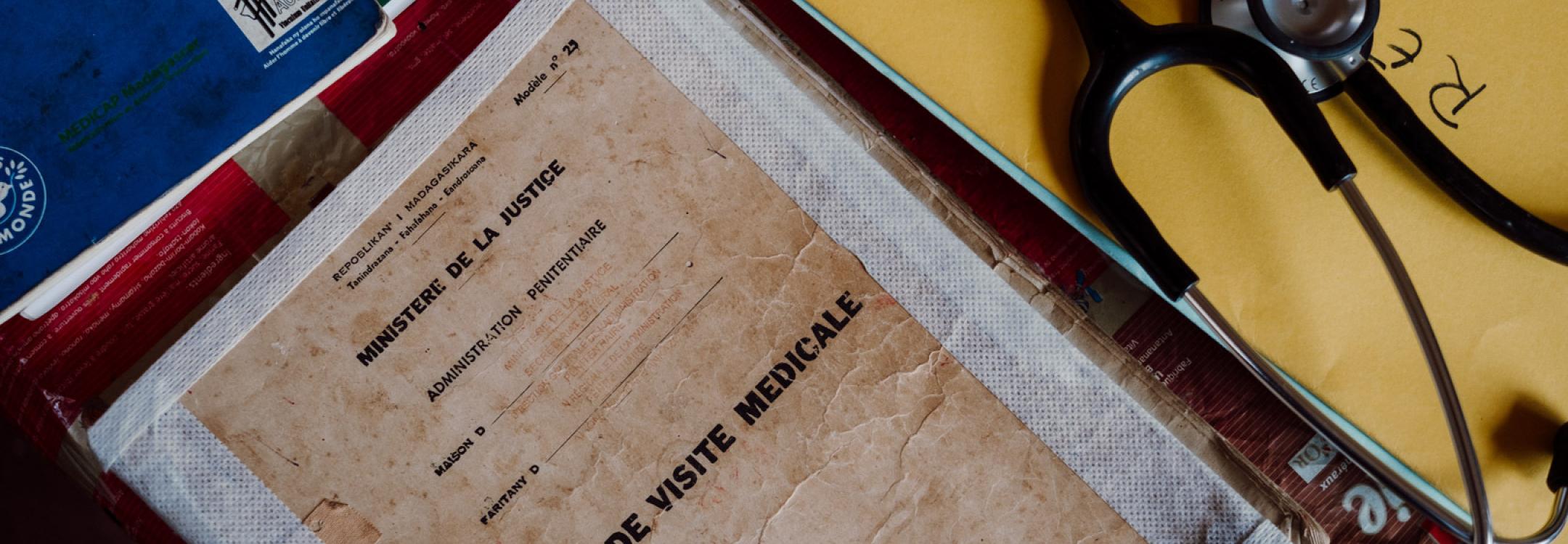
Key elements
Detainees retain the right to health, which includes available, accessible and scientifically and ethically acceptable health care of at least the same standard as that in the community. The increased burden of disease due to the concentration of marginalised and vulnerable groups in prisons usually means that additional resources are needed.
The closed setting of prisons means that the detainees are dependent for their mental and physical health on the prison authorities, and thereby on the State. By depriving a person of their liberty, a State takes on a particular duty of care not simply to provide for the treatment of diseases, but to protect and promote the health of the detainees. States cannot justify the failure to provide for the prevention and treatment of physical and mental diseases and the promotion of health by a lack of resources, even in economically difficult times. The duty of protection and care remains.
The prevention of disease and promotion of health also requires the State to provide healthy conditions of detention through good sanitation, good nutrition and drinking water, and accommodation with appropriate protection from the prevailing climate. The State must also take appropriate measures to tackle overcrowding in prisons since this is often at the root cause of many health problems, as well as management and security problems.
Poor conditions of detention and a lack of prison health not only affects the detainees, the staff and the community, but, under certain circumstances they may also amount to cruel, inhuman or degrading treatment or punishment, or even torture. Thus States cannot ignore prison health and must take active measures to prevent disease and promote health in prisons. According to the World Health Organisation, health in prisons must be seen as a whole of government responsibility.
Analysis
Prison health is part of public health
A prison management and prison health care service that promotes a healthy environment will help to promote health in the prison population and amongst the prison staff. The prison environment often has a negative impact on the mental and physical health of the detainees, and these health problems therefore impact on the community when the person is released. There is an constant turnover between the population in the prison and the population in the community. Therefore the health of the prison population, and of the staff, is inextricably linked to that of the community. Prisons form part of society and must therefore form part of the national policies on public health. Prison health is part of public health.
Prison health facilities
Prison health clinics should provide minimum facilities for the management of common diseases, and for the initial management of emergencies. Prison health clinics must have access to a regular supply of essential drugs, such as those stipulated by the World Health Organisation, and in line with the list of drugs available nationally. Those patients who cannot be managed in the prison, must have access to the community health facilities for both out-patient and in-patient care. Access to the local community clinics and hospitals is preferable to establishing separate prison hospitals which require the diversion of a large amount of resources and often lack the appropriate specialists care provided in community hospitals. In particular, where possible, patients with mental health problems should be diverted away from the criminal justice system to appropriate care in community facilities.